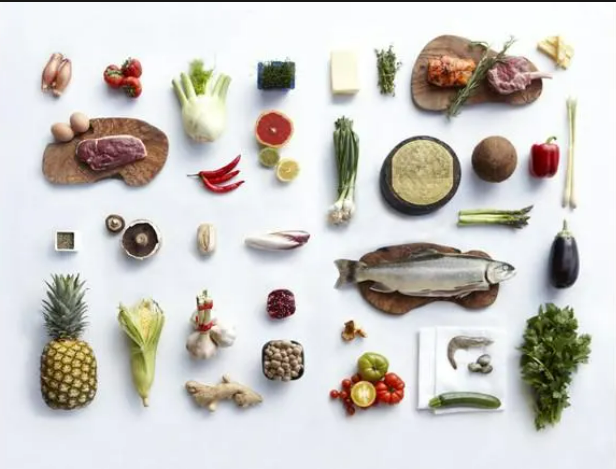The average employed person can be so busy that they hardly have time to cook, but rely on fast food joints, supermarkets and such like, especially for lunch at work.
While these foods appear to save the day and with their health-sounding names, the probability is to conclude they are good as regular fallback meal. Nutritionists are, however, warning that what we see may not really be what we get in terms of cost to health and pocket.
Which foods are those? Come with me!
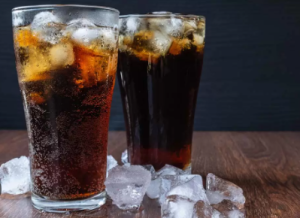 Diet Cola: This drink is portrayed as a healthy alternative to regular cola because, we are told, it is sugar-free, with zero calories. So, those on diet embrace it.
Diet Cola: This drink is portrayed as a healthy alternative to regular cola because, we are told, it is sugar-free, with zero calories. So, those on diet embrace it.
Experts at Mayo Clinic say that it is okay if consumed in minimal quantities, and that people who drink more than a can a day could be headed for some serious harm.
However, a Healthline study shows that diet colas aren’t so “diet’ after all. Artificial sweeteners can lead to chronic kidney disease, tooth decay (because of the acidic pH level), and an increased risk of osteoporosis, heart disease, etc.
More studies are needed to be 100% sure, but you might want to cut back on diet cola or avoid it totally.
 Hot dog: Need waste precious time about this highly processed food that nutritionists say contain many ingredients other than animal meat. Among them is maltodextrin, which, if consumed in excess, can cause damage to the intestines and stomach.
Hot dog: Need waste precious time about this highly processed food that nutritionists say contain many ingredients other than animal meat. Among them is maltodextrin, which, if consumed in excess, can cause damage to the intestines and stomach.
Physicians also warn that a serving of hot dogs has 33% of the recommended daily sodium intake. As if that were not enough, hot dogs usually list “poultry meat” among their ingredients, an ambiguous term that raises doubts about the true origin of the meat they contain.
You and your family may want to steer clear of this particular food.
Breakfast sandwiches: It might be tempting to quickly grab a breakfast sandwich from a fast-food restaurant. While there’s no denying that these sandwiches are delicious, you could be doing your body a real disservice by eating one every day.
Nutritionists say though once in a while isn’t a problem, breakfast sandwiches are high in cholesterol.
According to tyhe nationally recognized registered dietitian and fitness experts, Nutrition Twins, eating a fast-food breakfast sandwich three times a week can make you gain 3.6kg a year because a sandwich is 300 calories.
 Pre-packaged cupcakes: While these are a delicious dessert, their nutritional content will leave you with a very bad taste in your mouth. Sadly, most of these packs contain almost three times the recommended daily value of sugar.
Pre-packaged cupcakes: While these are a delicious dessert, their nutritional content will leave you with a very bad taste in your mouth. Sadly, most of these packs contain almost three times the recommended daily value of sugar.
Another ingredient is high fructose corn syrup, which can contribute to the development of high blood pressure or metabolic syndrome.
Excessive consumption of this product can also cause obesity, diabetes, and fatty liver, among other gnarly diseases. Like anything else, these should be eaten in moderation.
Cheap bread: With the skyrocketing price of bread all over the country, cheap white bread is all over the place as practical lunches to take to school and the office. But experts warn that it can become addictive because it contains sugar, which helps in the fermentation process of bread.
In addition, many makers use a high amount of fat and salt that, in excess, can harm your health. Also, most of these loaves of bread do not have much fiber, so it will hardly make you full.
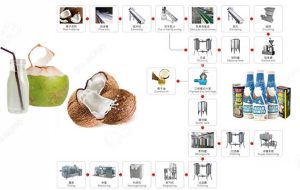
Coconut water: Every health-conscious person wants to eat natural. Coconut water happens to be one of the most natural beverages anyone could savour, what with its many benefits, such as electrolytes, and it is very hydrating.
Experts however warn us to be careful of flavoured coconut water — aka coconut juice — if you’re trying to count your calories. Like many sports drinks, coconut water has 45-60 calories per eight-ounce serving and it might also be high in sugar.
There is a third concern with coconut water, and that’s that it can cause your potassium levels to become too high. But, that’s only if you drink it in large amounts. Over-consumption of this beverage can also lead to stomach upset, so just watch how much you’re drinking or you might end up reaching for the Imodium.
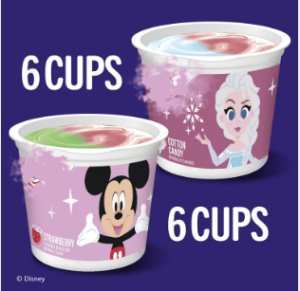 Kids’ yogurt cups: For Nigerians who still have loose change to buy expensive treats such as kids’ yogurt for their children, hear this: Many brands promise to help children grow up healthy and strong, but the truth is very different.
Kids’ yogurt cups: For Nigerians who still have loose change to buy expensive treats such as kids’ yogurt for their children, hear this: Many brands promise to help children grow up healthy and strong, but the truth is very different.
Yogurt cups aimed at kids are largely made up of sugar, fat, and artificial colorants, excessive consumption of which can lead to various health risks.
Among these risks are diabetes, metabolic and heart problems, and obesity. As if that were not enough, the excess fat that some of these products contain can become carcinogenic. So, although there may be plenty of calcium in them, it’s worth weighing up the risks!
 Coffee: This is undoubtedly one of the most widely consumed beverages in the world. People love to drink it, and many can’t imagine starting their morning without a hot (or iced) cup. But while it can give you the energy to start the day, its excessive consumption can also damage your health.
Coffee: This is undoubtedly one of the most widely consumed beverages in the world. People love to drink it, and many can’t imagine starting their morning without a hot (or iced) cup. But while it can give you the energy to start the day, its excessive consumption can also damage your health.
According to nutritionists, too much coffee consumption can cause problems such as sleep disorders or headaches. This drink can also easily worsen anxiety problems, and in the long term, it can even lead to cardiovascular issues. Worse, coffee is also addictive.
Flavored popcorn: Do you love popcorn? Nothing spoil! Nutritionists say natural popcorn can be a tasty and healthy snack, as it’s low in calories. The ones that are sold ready-made in the supermarket are almost the opposite, however, especially since they have artificial flavorings.
“For example, caramel popcorn can be incredibly high in sugar and fat; and a bag, even a small one, of caramel popcorn can contain 12.8 tablespoons of sugar and up to 564 calories.
To be safe, make your popcorn at home and take it with you everywhere.
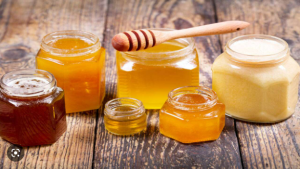 Honey: Many people substitute sugar with hone and that’s right if the honey is natural
Honey: Many people substitute sugar with hone and that’s right if the honey is natural
“Honey is a great, natural food product that has many benefits to it. It’s high in antioxidants, can help a sore throat, and even heal cuts,” nutritionists say; warning, however, that, “While honey really is a super food, it still has an incredibly high sugar content, which means it should be consumed in moderation.
Cardiologists warn against consuming too much sugar as it can lead to heart disease and all sorts of nasty ailments that aren’t easily fixed. In fact, many experts think sugar is the biggest food demon out there, so you may want to think twice before adding that extra spoonful of nectar to your chamomile tea.
Peanut butter: This is high in calories and protein, and it is a common snack for people who are trying to avoid a lot of carbs. The fat in peanut butter is mostly healthy, though note that peanuts do have some saturated fat. Saturated fat can lead to heart issues when it is consumed over a long period of time.
Essentially, peanut butter is healthy, but you need to consume it in moderation (like anything, really). Binge-eating peanut butter daily can easily lead to weight gain and high cholesterol.
Artificial orange juice: Artificial orange juice drinks might be delicious, but you should consider giving them up. They typically have tons of sugar, coloring agents, artificial sweeteners, and more, and there is almost no nutritional value. These drinks are worse for you than orange juice (which is super sugary and should also be consumed in moderation).
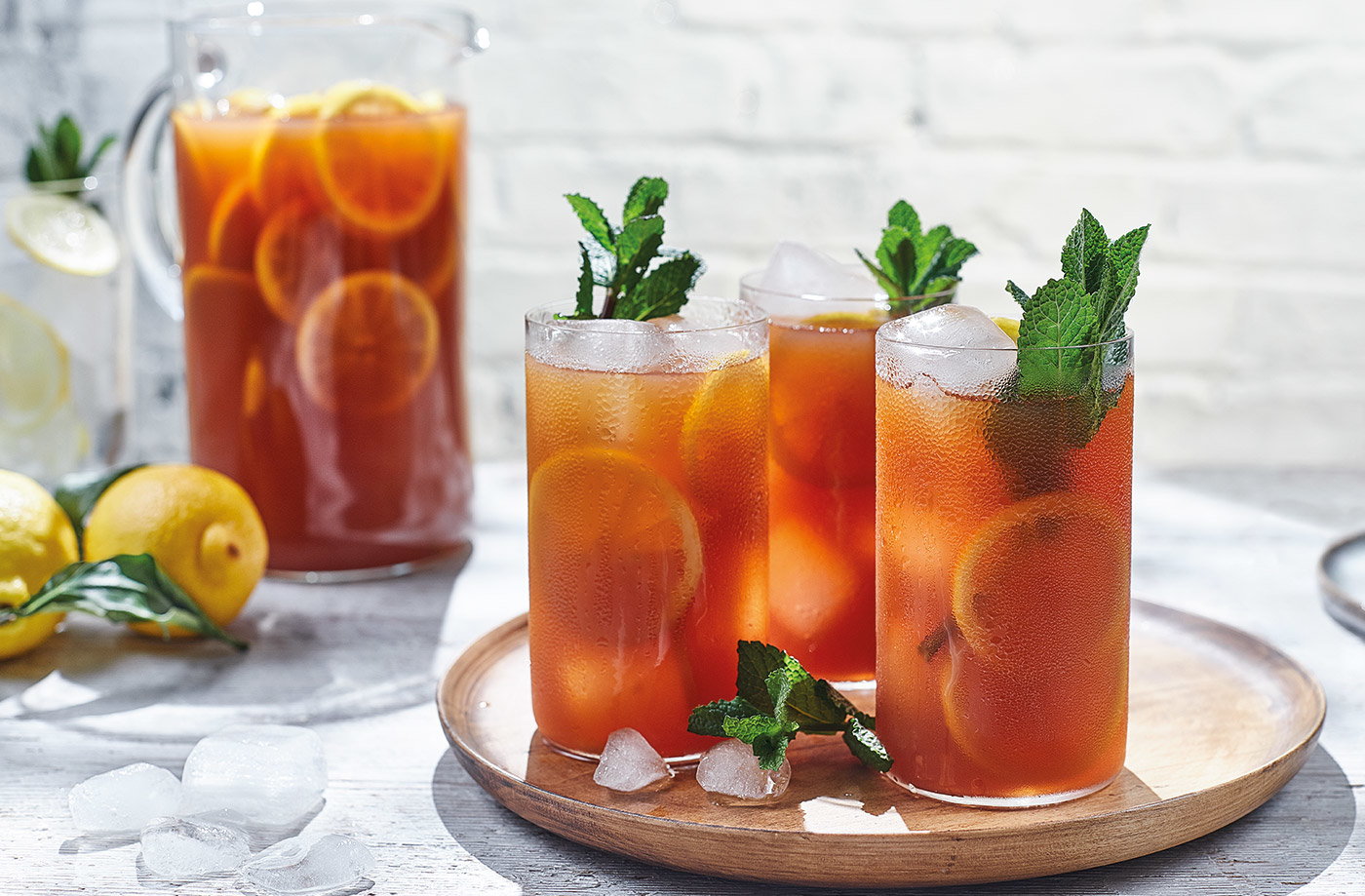
Iced tea: According to nutritionists, this is a deceptive beverage because it appears to be light, healthy, and naturally derived. “But don’t be fooled: this product is much closer to harmful soft drinks than a tea that you could steep at home with a teabag,” they warn.
Each bottle of iced tea has a staggering 15 tablespoons of sugar. “Consuming this amount of glucose in one sitting can cause insulin spikes in your blood, which can increase your risk of diabetes,” they added.
Regular cola: Much has been said about how harmful cola can be to our health. Even diet cola is bad for you. But do you know exactly why? Each can of regular cola contains around 7.4 tablespoons of sugar, which represents more than 100% of the recommended daily value.
This soda also has ingredients that can be harmful to bones, such as phosphoric acid. Finally, the dye used in its preparation contains ammonium and sulfides, which have cancer-related risks attached to them.
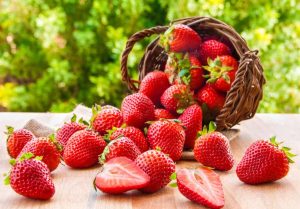 Strawberries: While strawberries can be a great addition to a healthy diet, one must be very careful when consuming them, due to factors that occur during their cultivation.
Strawberries: While strawberries can be a great addition to a healthy diet, one must be very careful when consuming them, due to factors that occur during their cultivation.
“These delicious fruits can contain up to 20 different types of pesticides,” agric experts warn.
As strawberries are eaten with their skin, it is essential to clean them very well before eating them, to avoid consuming the chemicals that are used in their cultivation. Running them through water may not be enough, so a better option is to disinfect them with fruit sprays.
Tomatoes: Apart from their exposure to pesticides, tomatoes can be harmful to people who have digestive system problems, as they contain large amounts of organic acids. If you’re prone to heartburn, you probably can’t eat these fruits.
Potato chips: The vast majority of potato chips have petroleum-based colorings, starches, preservatives, and saturated fat. In addition, a serving of just 0.11 pounds of potato chips provides 32% of the recommended daily value for sodium.
To make matters worse, French fries, which are a close cousin to everyone’s favorite snack food, also contain monosodium glutamate, a compound that enhances flavor but will leave you wanting to eat more and more.
Chocolate milk: It’s true that chocolate milk, a favorite of kids and adults everywhere, is delicious and has calcium, Vitamin D, and protein in it. Drinking a small amount every so often won’t hurt you, but, if you consume a high amount of this high-sugar beverage, you can increase your risk of weight gain and certain chronic diseases.
Nutritionists warn that chocolate milk contains almost as much sugar as a cup of soda. One cup has 25 grams of sugar and quite a few calories. It’s something you should skip when it comes to your kids’ (and your) drink choice.
Artificially-flavored creamer: A cup of coffee in the morning can be just what a lot of us need to get going. And, since the majority of people prefer not to drink their coffee bitter, creamer is often added. There are a ton of artificially-flavored coffee creamers out there. So, be careful.
The bottom line: As much as possible, cook your own food and eat your food as natural as possible.

